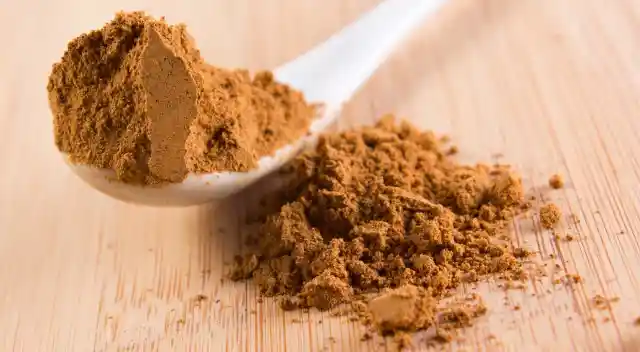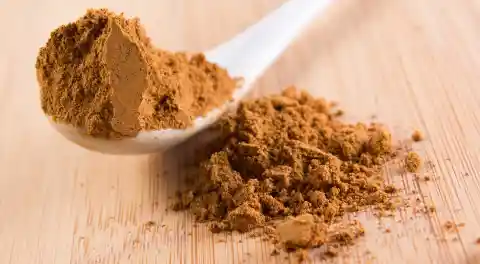

Most people don’t look at their morning cup of coffee and think “poison.” However, what most people forget is that caffeine is, ultimately, a drug. This week, the FDA issued official warnings to five different distributors of powdered caffeine, saying that the distributors must stop in 15 days, or they will be shut down.
The powdered caffeine craze follows a similar craze for powdered alcohol, which has grown in popularity due to its ease of consumption and the ability to cut down on calories found in many sugary mixed drinks. The danger doesn’t lie in consuming alcohol or caffeine in their powdered forms, but in the powder’s potency. One teaspoon of powdered caffeine contains the equivalent of 28 cups of coffee. That’s a buzz that won’t wear off so easily.
In fact, last year, two men died from overdosing on powdered caffeine. Logan Stiner was one of them. Stiner was slated to be prom king at his school in Ohio; the honors student miscalculated the dosage and suffered a fatal cardiac arrhythmia, due entirely to his consumption of caffeine powder.
The distributors warned by the FDA include Bridge City Bulk, Purebulk, Smartpowders, National Food Supplements and Hard Eight Nutrition. Many of these distributors make products catered to people seeking dietary supplements for health purposes. For example, Smartpowders sells B12, protein and fat burning supplements, among many others. The search for “caffeine” on their website yields no less than 238 results, many of which are marketed as “pre-workout” supplements and are not labeled as pure caffeine pills, which may confuse consumers.
The FDA’s warnings primarily concern the fact that dosage information must be clearer for anybody intending to sell pure powdered caffeine. Many distributors list dosage information for one eighth and one quarter of a teaspoon, when in fact this much powdered caffeine is well beyond what a regular person should consume at any one time. An appropriate dose of powdered caffeine is approximately one sixteenth of a teaspoon – a measuring device very few people likely have at home. Because of this, overdosing is a very likely possibility for the average consumer. The distributors will have until September 11 to remedy the situation.